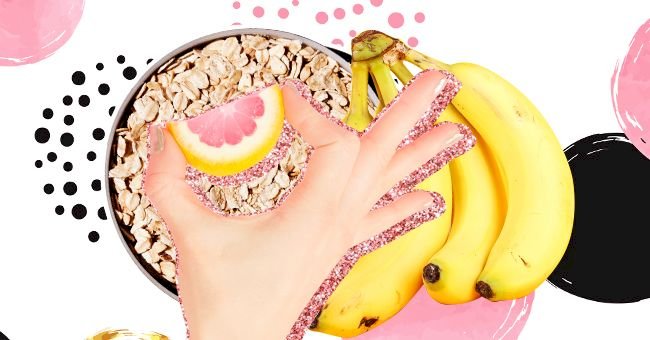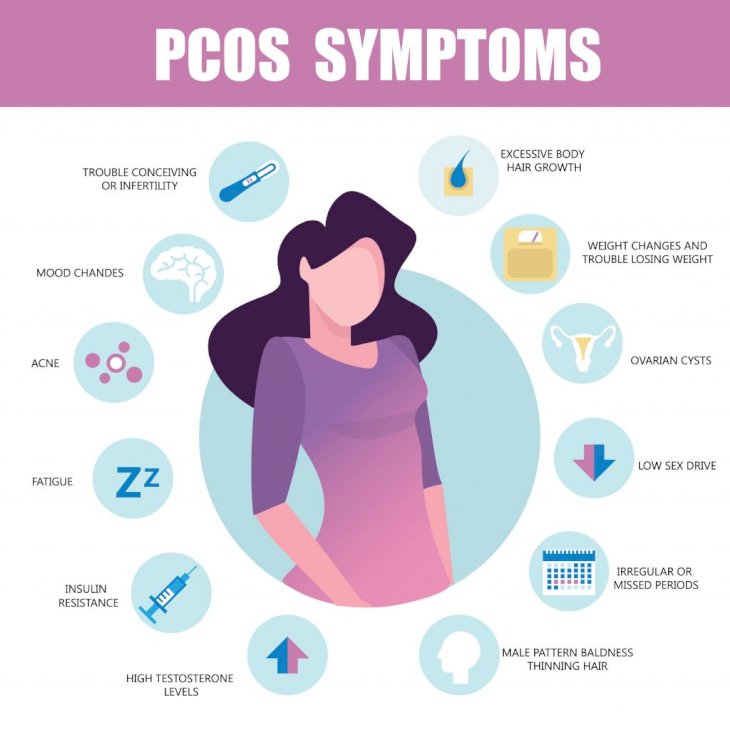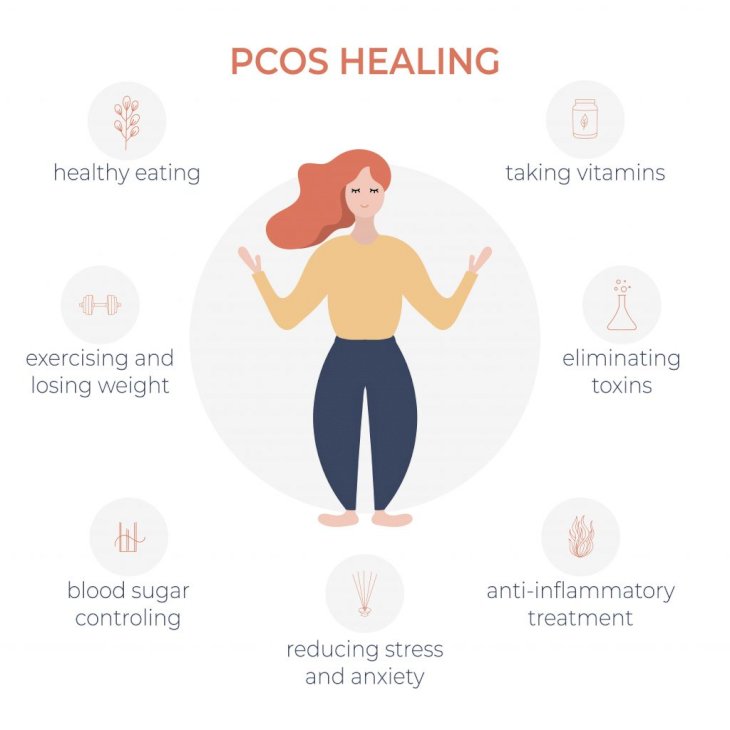
The Role Of Food In Managing PCOS According To Experts
Polycystic ovary syndrome (PCOS) is one of the most common causes of female infertility. It affects 6% to 12% of US women of reproductive age.
The condition results in struggles with hormonal imbalances and metabolism problems. These often lead to insulin resistance, higher levels of androgens, irregular periods, acne, thinning scalp hair, and excess hair growth on the face and body.
Unfortunately, while PCOS is a relatively common condition, it is often misunderstood. Sufferers are regularly told to simply "lose weight" or "go carb-free."
Are There Different Types Of PCOS?
To gain a better understanding of the condition and how food affects it, we sat down with a registered nutritional therapist, Sandra Greenbank who specializes in fertility and women’s health. Sandra explains that there are different types of PCOS and thus they should be treated differently.
"Some people have lean PCOS and don't struggle to lose weight. For some people, it's driven by other factors like a gut infection. However, the general type of PCOS is caused by hormonal imbalance."
explains Sandra.
Is There A Correlation Between Eating Disorders & Women With PCOS
Since the causes and underlying issues vary, the approach to treatment should vary too. A 2016 study showed that more women with PCOS suffered from eating disorders like Bulimia than healthy women.
This is usually because many PCOS sufferers try crash diets or restrictive diets which results in binge eating. Since eating disorders have a negative influence on the outcome of the treatment of PCOS, their relationship with food continues to deteriorate while their desperation to lose weight and "cure" their PCOS increases.
Why Do Medical Professionals Stress Weight Loss?

Shutterstock
It is important to note that medically, one's diet does affect one's PCOS symptoms. Thus weight management and insulin production and resistance play a large role in treatment.
It is often stressed upon as more than 50 percent of PCOS sufferers develop diabetes or pre-diabetes before the age of 40. Thus it is important to follow a healthy diet that meets all your nutritional needs while helping you maintain your weight, and promoting good insulin levels.
An Alternative Approach
With this in mind, it is strongly advised to create healthier eating habits. However, Sandra stresses that this does not mean you need to join the latest trendy diet or overly restrict yourself.
Her peers seem to agree with her approach. Sam Abbott, a registered dietician who shares her thoughts on Instagram and Twitter, also warns against crash dieting and encourages a more rounded approach to eat.
Avoid Cutting Out Certain Food Groups
Both Sandra and Sam advise avoiding any restrictive diets or lifestyle changes you cannot maintain. Sandra explains that in order for your body to function normally, you need a variety of nutrients including the now-demonized carbohydrates.
"I always focus on ovulation. And for ovulation, you do need some carbohydrates. For women who have cut out all carbohydrates with the Keto diet, for example, I don't think that's particularly helpful,"
reasons Sandra.
"If you've been on these diets for a long period of time, it can potentially cause knock-on problems. The trouble is there isn't one right way to eat so giving blanket recommendations can be very harmful. Everybody is an individual,"
adds Sandra.
Instead, she encourages people to take a more holistic approach to their PCOS treatment. She advises combining exercise and good sleep with a healthy diet as a good place to start.
Can You Eat Anything With PCOS?
Sandra explains that most people with PCOS suffer from carbohydrate intolerance. This is because the cells do not respond correctly to insulin which is released in response to carbohydrates.
Since your cells don't respond, your brain advises your body to keep releasing more insulin. However, this does not mean you need to cut out all carbs.
Sandra instead advises using strategies like reducing certain carbohydrates and opting for healthier options. Instead of eating white rice, white pasta, and white bread, opt for the whole grain versions which are "already helpful." You can also pair carbs with healthy fats and lots of vegetables.
"You can still have rice and pasta. Just watch the portion. Have a small handful of rice instead of half a plate of rice. So learn to watch the portions but don't cut out whole food groups from your diet."
says Sandra.
Are Certain Foods Better For PCOS Than Others?
While Sandra does not advise cutting any food out, she does note that some are better than others. She advises avoiding tropical fruits that are high in sugar and opting instead for things like apples, pears, or berries.
However, she cautions that these should be paired with healthy fats like nuts and seeds. She also recommends exploring things like plant-based proteins and fish over red meat.
Besides Diet, What Else Can Help?
She actually believes that exercise is the true key to helping cells respond to insulin better. Both Sandra and Sam recommend weight-bearing or strength training exercises like squats and weights.
Low-intensity exercises to build muscle appears to be really effective in controlling insulin resistance. Another strategy Sandra swears by is to go for a brisk ten or fifteen-minute walk after a meal.

Shutterstock
Sandra also recommended looking into the teachings of Dr Felice Gersh. The double certified OBGYN discusses the effects of daily rhythm on one's cycle and how maintaining a good rhythm can improve your PCOS symptoms.
"PCOS, at its core, is a rhythm problem. Our hormones don't rise and fall properly with the 24 hour day, and they don't cycle with the months of the year. The female body depends on these rhythms, and when we don't have them, we get sick,"
explains Dr Felice Gersh in her book, "PCOS: SOS."
The Benefits Of A Healthy Food Relationship
With all the different factors taken into consideration, it's easy to see why more and more healthcare professionals are now advising women with PCOS to avoid restrictive dieting. Instead, they recommend focusing on a holistic approach.
By doing so you are able to develop a healthy relationship with food. This reduces the chances of developing eating disorders which also leads to mental health issues like depression and mood disorders.